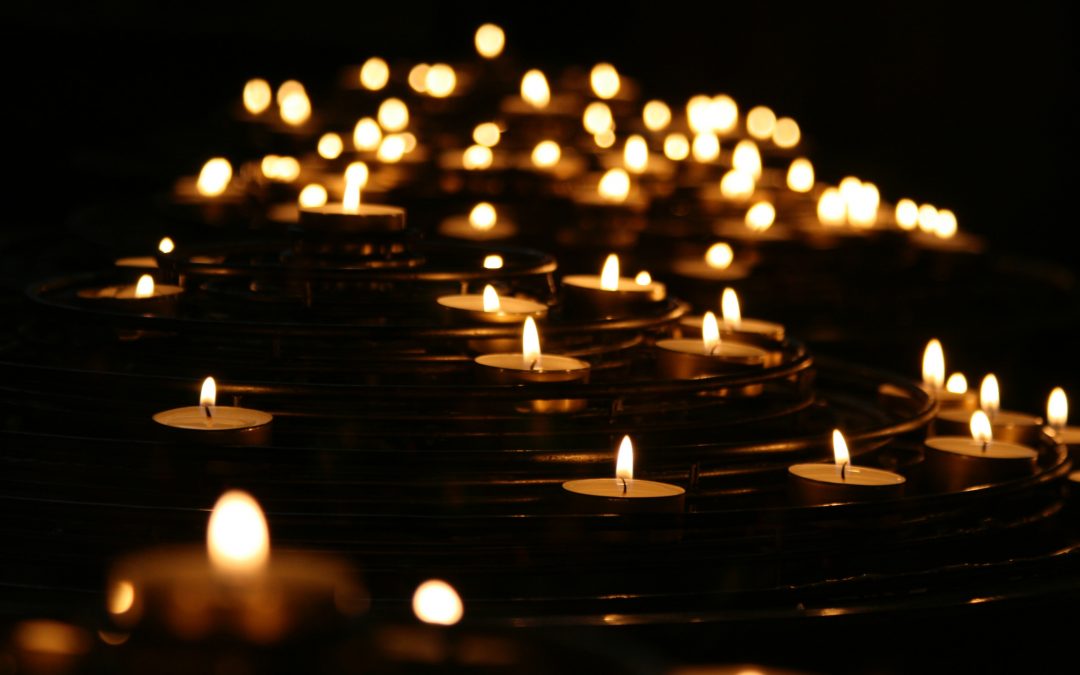Managing grief: coping with the sudden death of a loved one
An article from the Work Health Life website by Morneau Shepell.
The loss of a loved one can be devastating, turning your world upside down and leaving you reeling. And when it’s unexpected, it can be even harder to understand and overcome. The journey to recovery is unique for every person and it’s important that you do what’s right for you when faced with sudden loss.
There is no perfect or predictable way to grieve. But by acknowledging your feelings, letting others know how they can help and giving yourself permission to feel what you feel, you’ll empower yourself to work through the pain of loss and move towards healing.
Morneau Shepell’s Employee and Family Assistance Program provides supportive articles for how to deal with grief and has a few tips for how to cope with the sudden death of a loved one:
Deal with the details. It’s a reality most of us would rather not face: funerals require quick decisions and planning at the most unwelcome time possible. If you are responsible for handling the arrangements after the death of a loved one but feel overwhelmed and unable to cope with these tasks, don’t be afraid to ask for help. At the same time, if you are in charge but feel like you need to put your grief on hold to manage your duties that’s also okay. Don’t feel guilty about it but make sure you give yourself the time to grieve freely. There is no right or wrong way to do things and you need to be honest about what you can and cannot handle.
Find out the facts. It can be difficult to hear the events leading up to a person’s sudden death, but it might also be an important part of the healing journey for you. Finding out this information can help you process what happened. Talk to the people who were there or the medical staff involved to put a framework around the events.
Respect your own feelings. Feelings such as numbness, anger, guilt and shock are all normal and natural reactions that you need to express. But if you can’t cry or don’t want to, don’t do it and don’t feel guilty about it. If you need to weep, find a safe place where you can do it freely. Don’t be afraid to ask to be alone, or for company or help if you need it. When it comes to mourning, throw the rule book out the window. Whether you need to be alone or with someone you trust, do what you need to do to grieve authentically.
Stay healthy. Your health is an important part of your recovery, so don’t set it aside. Eating well-balanced meals, keeping regular sleeping patterns and exercising are important for your mind as well as your body. It is important to stay as close to your daily routine as possible, it will help absorb the impact and enhance resiliency.
Seek extra support. Many people find themselves overwhelmed with love and support during the days and weeks following a death and then feel very alone once the activities of funerals and memorials are finished. It can take months or even years to recover from the loss of someone close to you. Though close friends and family can be invaluable during the dark days of recovery, if you feel like you’re having trouble functioning or moving past your grief, consider additional help. Joining a support group is a great way to get into contact with people who can relate to your experience and can help you on your journey through and beyond your grief. Speaking to a counsellor or therapist may also be an important step in your recovery.
Offer support. If a loved one most affected by the loss has just received the news and is alone, go to this person and offer to be a shoulder to lean on. In the moments after a sudden death, we’re often so afraid of doing or saying the wrong thing that we stay away from the primary mourner when they need the support of friends and family most.
Understand that each person grieves in their own way and if the individual wants to be alone, he or she will tell you. If you are helping someone who is grieving, keep the following tips in mind:
- Listen with non-judgmental compassion
- Understand that your loved one will need time to deal with the loss
- Avoid clichés
- Talk about the person who has died
- Offer practical assistance such as shopping, cooking, driving
- Find and offer information on resources, support groups, etc.
- Be aware of difficult times, like anniversaries and holidays and make yourself available during these days
- Acknowledge your friend or loved one’s range of emotions, but avoid using phrases like, “I know how you feel”
If you or a loved one is faced with the sudden death of a friend or family member, remember that there is no right or wrong way to mourn. While it may feel a million miles away in the moment, there is light at the end of the tunnel. Accepting grief as part of the process, reserving judgement and getting solid support will help you work through emotions and slowly but surely move on to happier times.
*Students can access counselling support through Counselling Services, while faculty and staff can seek support through the Employee and Family Assistance Program. Other resources include UVic’s Health Services and Indigenous support services.*
